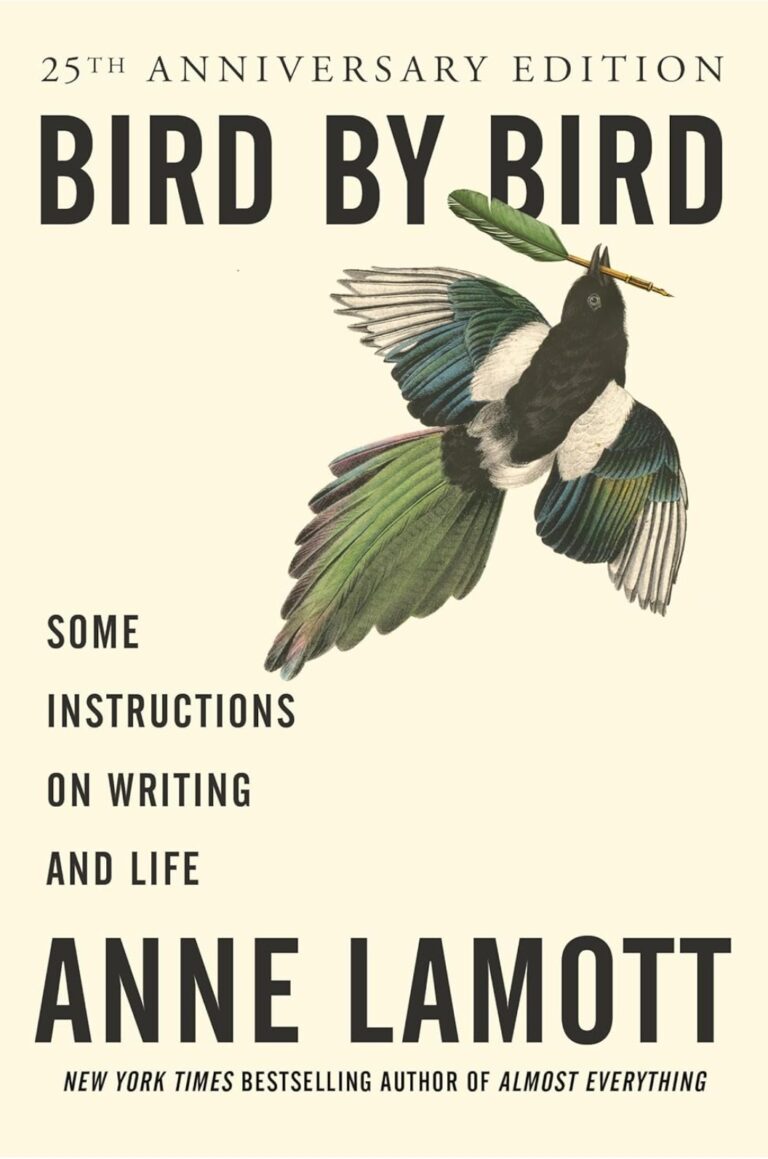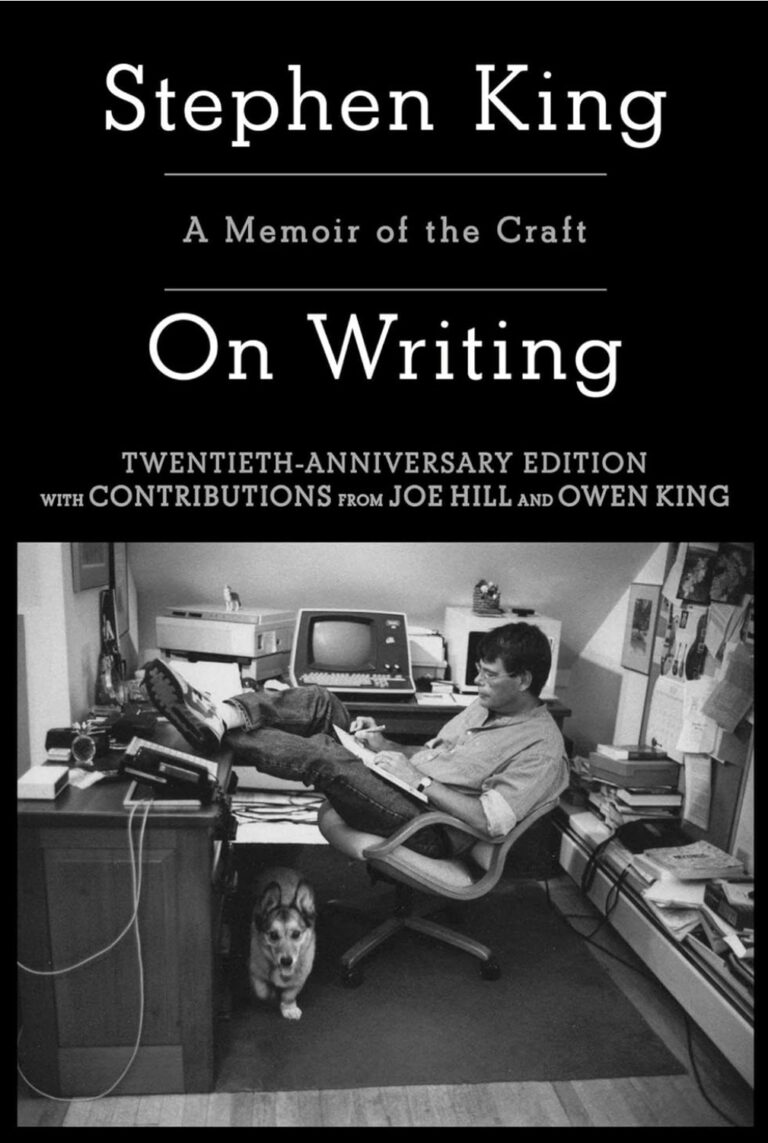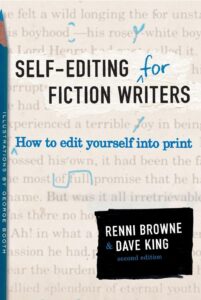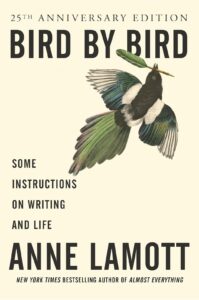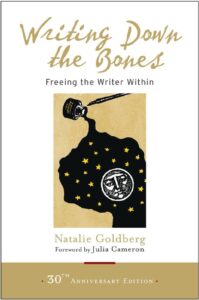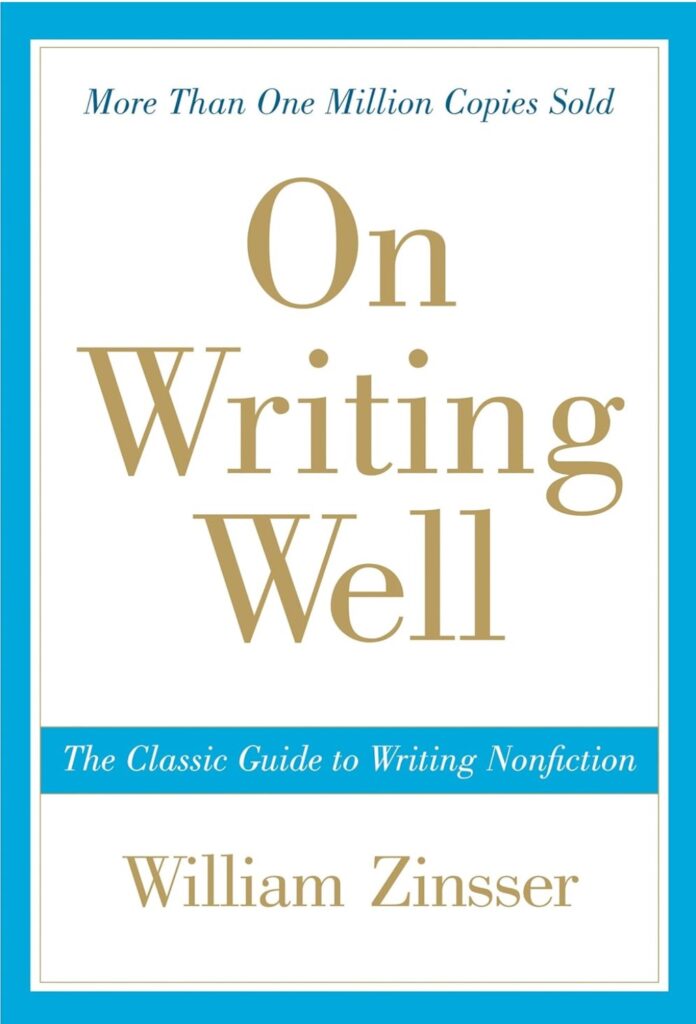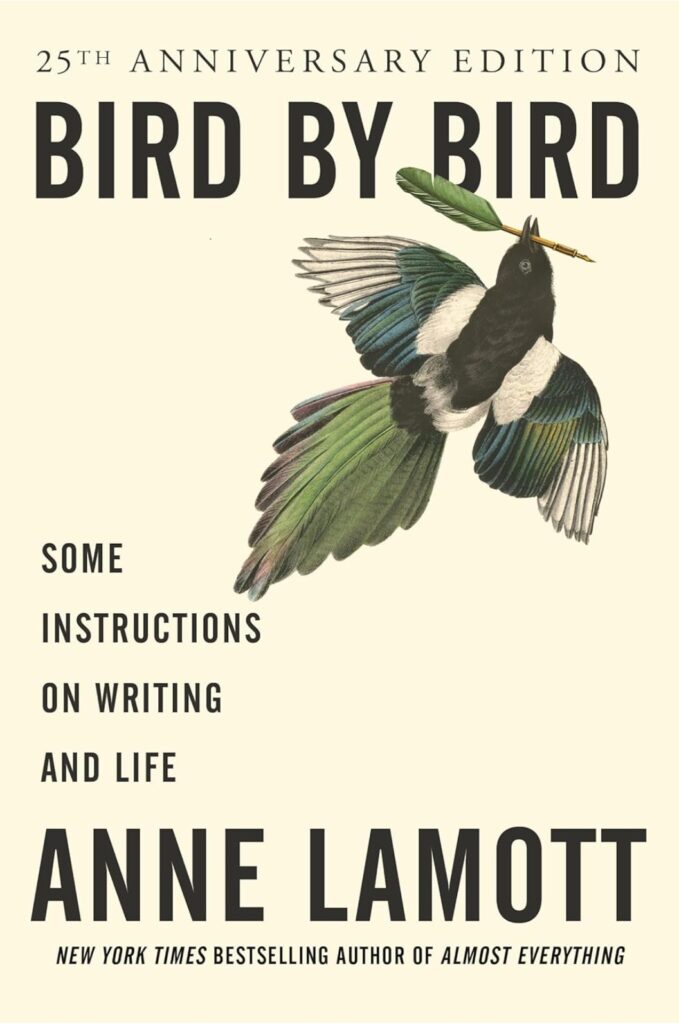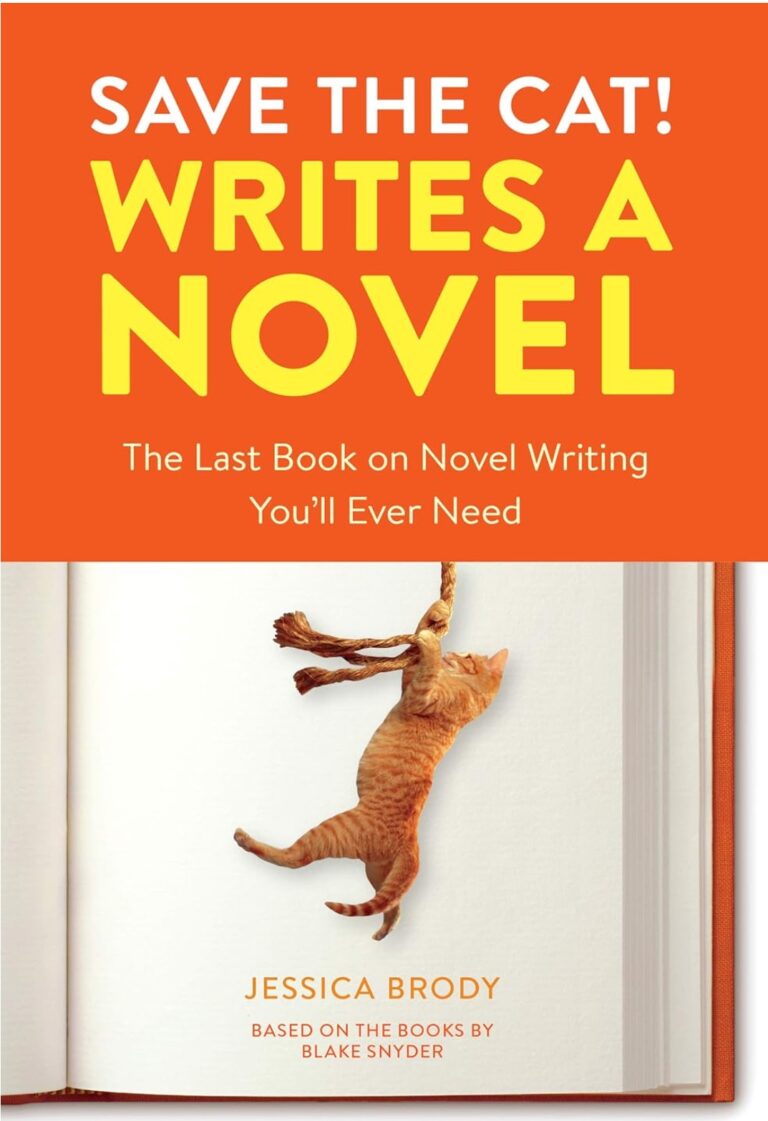Crafting an engaging insta-love romance involves more than just creating a quick and intense romantic connection. To keep readers hooked, adding elements of conflict and tension is essential.
As someone who writes insta-love stories featuring aliens, paranormal creatures, and unusual scenarios, I’ve discovered that conflict can transform a simple love story into a riveting narrative.
In this blog post, I’ll explore the role of conflict in insta-love and share my personal experiences and techniques for incorporating tension into short stories.
Table of Contents
ToggleUnderstanding the Importance of Conflict
Creating Emotional Depth
In my experience, conflict is crucial for adding emotional depth to insta-love stories. Without conflict, the rapid development of the relationship can feel unrealistic and unengaging.
For example, in one of my novellas featuring a human and an alien, the initial attraction was immediate, but the story truly came alive when they faced external challenges and personal insecurities that tested their bond.
Conflict forces characters to confront their fears and flaws, revealing their true selves. This process not only makes the characters more relatable but also deepens their emotional connection.
Driving the Plot Forward
I’ve found that conflict is a powerful tool for driving the plot forward. It introduces stakes and obstacles that keep readers invested in the story.
In a tale about a werewolf and a human, their forbidden romance created a series of conflicts that propelled the narrative and kept readers on the edge of their seats.
By weaving conflict into your storyline, you create momentum and ensure that the romance doesn’t become stagnant. This keeps readers engaged and eager to see how the characters will overcome the challenges they face.
Types of Conflict in Insta-Love Stories
External Conflicts
External conflicts involve outside forces that challenge the relationship. In my stories, external conflicts often stem from societal norms, family expectations, or supernatural threats.
For instance, in a novella about a human and a vampire, the societal taboo against human-vampire relationships created significant external tension.
Consider what external forces might oppose your characters’ relationship. This could be a rival love interest, a disapproving family member, or a dangerous antagonist. These external conflicts add excitement and urgency to the story.
Internal Conflicts
Internal conflicts arise from within the characters themselves. I’ve found that internal struggles, such as self-doubt or past traumas, can add a layer of complexity to insta-love stories.
In a story about a human and a shape-shifting alien, the alien’s fear of rejection due to their true form created internal conflict that added depth to the romance.
Explore your characters’ inner worlds. What fears or insecurities do they have that might hinder their relationship? By delving into these internal conflicts, you can create more nuanced and compelling characters.
Interpersonal Conflicts
Interpersonal conflicts occur between the main characters and can arise from misunderstandings, differing goals, or clashing personalities. In my experience, these conflicts are essential for building tension and keeping the romance dynamic.
For example, in a novella featuring a human and a fairy, their differing perspectives on magic and reality led to frequent clashes that ultimately strengthened their bond.
Think about the differences between your characters. How might these differences lead to misunderstandings or disagreements? Interpersonal conflicts can make the characters’ journey more interesting and their eventual resolution more satisfying.
Techniques for Incorporating Conflict
Introducing Conflict Early
Introducing conflict early in the story helps set the stage for the characters’ journey. In my experience, starting with a conflict can hook readers and establish the stakes from the beginning. For example, in a novella about a human and a mermaid, the story began with the human rescuing the mermaid from poachers, immediately introducing external conflict.
Start your story with a compelling conflict that draws readers in. This can be a dramatic event, a heated argument, or an internal struggle. Early conflict sets the tone and engages readers right away.
Building Tension Gradually
I’ve found that gradually building tension keeps readers invested and maintains the story’s momentum. Instead of resolving conflicts quickly, allow them to simmer and escalate. In a tale about a human and an alien soldier, the slow build-up of trust and understanding amidst ongoing conflicts created a rich and engaging narrative.
Pace your conflicts to keep readers on edge. Allow small disagreements to grow into larger issues, and let external threats become more pressing over time. This gradual escalation heightens the stakes and keeps readers hooked.
Balancing Conflict and Resolution
Balancing conflict with moments of resolution is crucial for maintaining emotional engagement. In my experience, alternating between tension-filled scenes and moments of reconciliation or triumph keeps the story dynamic. For instance, in a novella featuring a human and a ghost, their moments of conflict were balanced with tender scenes of understanding and connection.
Ensure that your story includes both tension and resolution. This balance creates an emotional rollercoaster that captivates readers and provides a satisfying narrative arc.
Enhancing Conflict with Paranormal Elements
Leveraging Supernatural Abilities
Leveraging your characters’ supernatural abilities can add unique dimensions to the conflict. In my stories, these abilities often create both opportunities and challenges.
For example, in a novella about a telepathic alien, the ability to read thoughts created misunderstandings that fueled the internal and interpersonal conflicts.
Consider how your characters’ paranormal traits influence the conflict. These abilities can introduce unique challenges and solutions, making the story more intriguing and complex.
Exploring Cultural Differences
Cultural differences between humans and paranormal beings can be a rich source of conflict. In my experience, exploring these differences can lead to meaningful and thought-provoking conflicts.
For instance, in a story about a human and a minotaur, their differing customs and values led to significant cultural clashes.
Think about the cultural differences between your characters. How do these differences create misunderstandings or conflicts? By exploring these cultural dynamics, you can add depth and realism to your story.
Final Thoughts
Embracing the power of conflict in insta-love stories can transform your narratives, adding tension, depth, and emotional resonance.
By carefully crafting and balancing conflicts, you can create compelling romances that keep readers on the edge of their seats.
I’ve applied these techniques in my writing, enhancing my stories and connecting more deeply with my readers.
For anyone writing insta-love romance, especially within the realms of paranormal and sci-fi, these strategies can elevate your storytelling and create unforgettable love stories.
If you’re ready to master the role of conflict in your insta-love stories, I encourage you to explore these techniques and experiment with different approaches.
It’s a journey that will not only improve your writing but also make your characters and their relationships unforgettable.
Happy writing!












